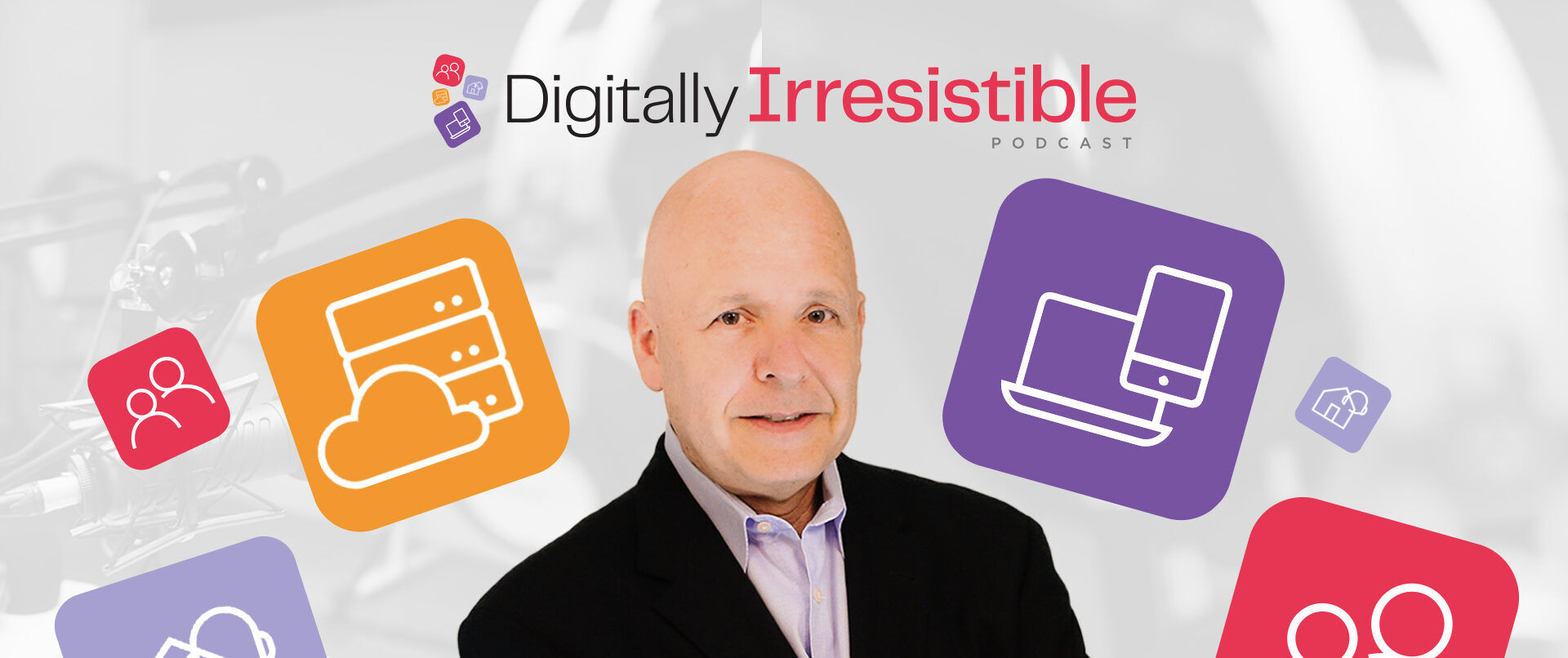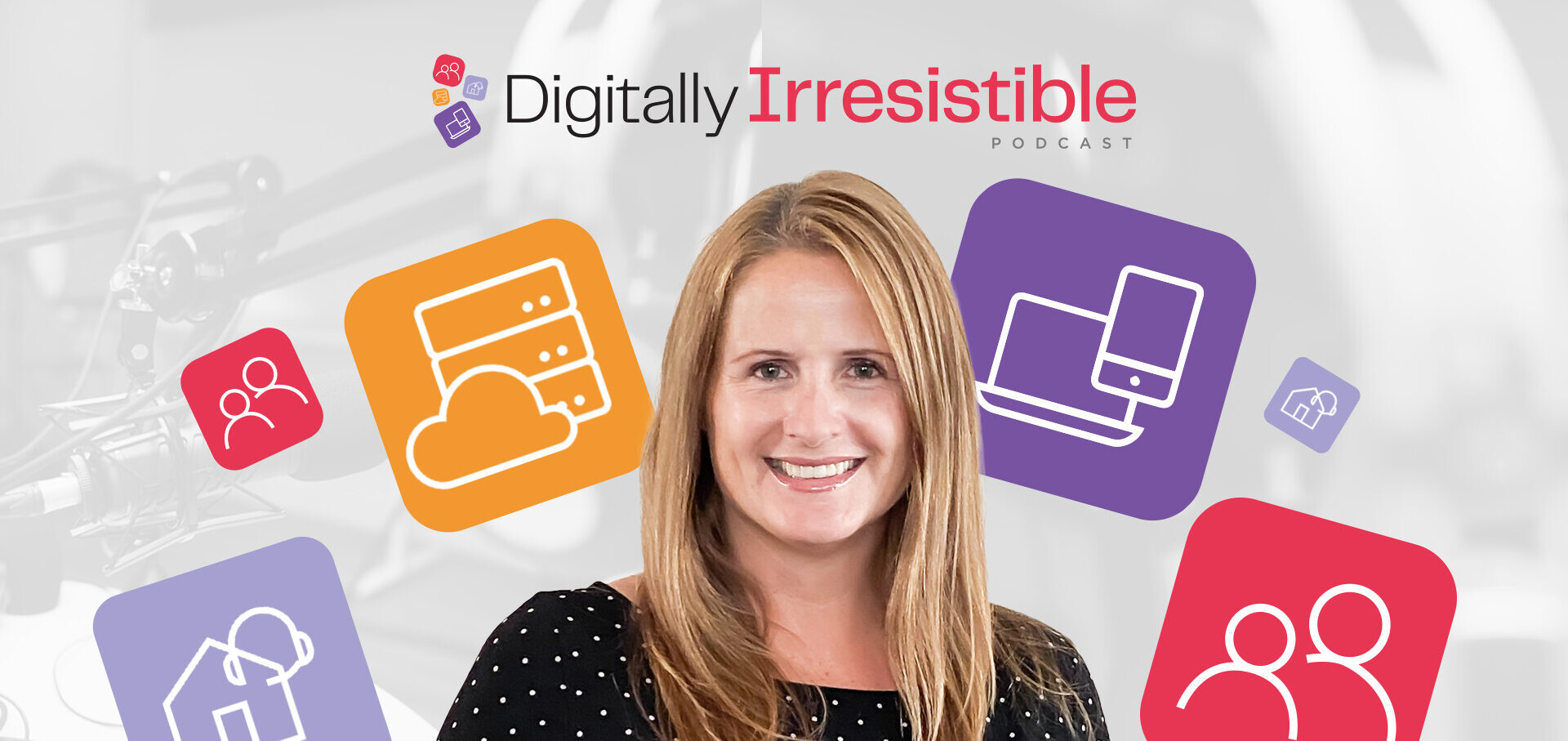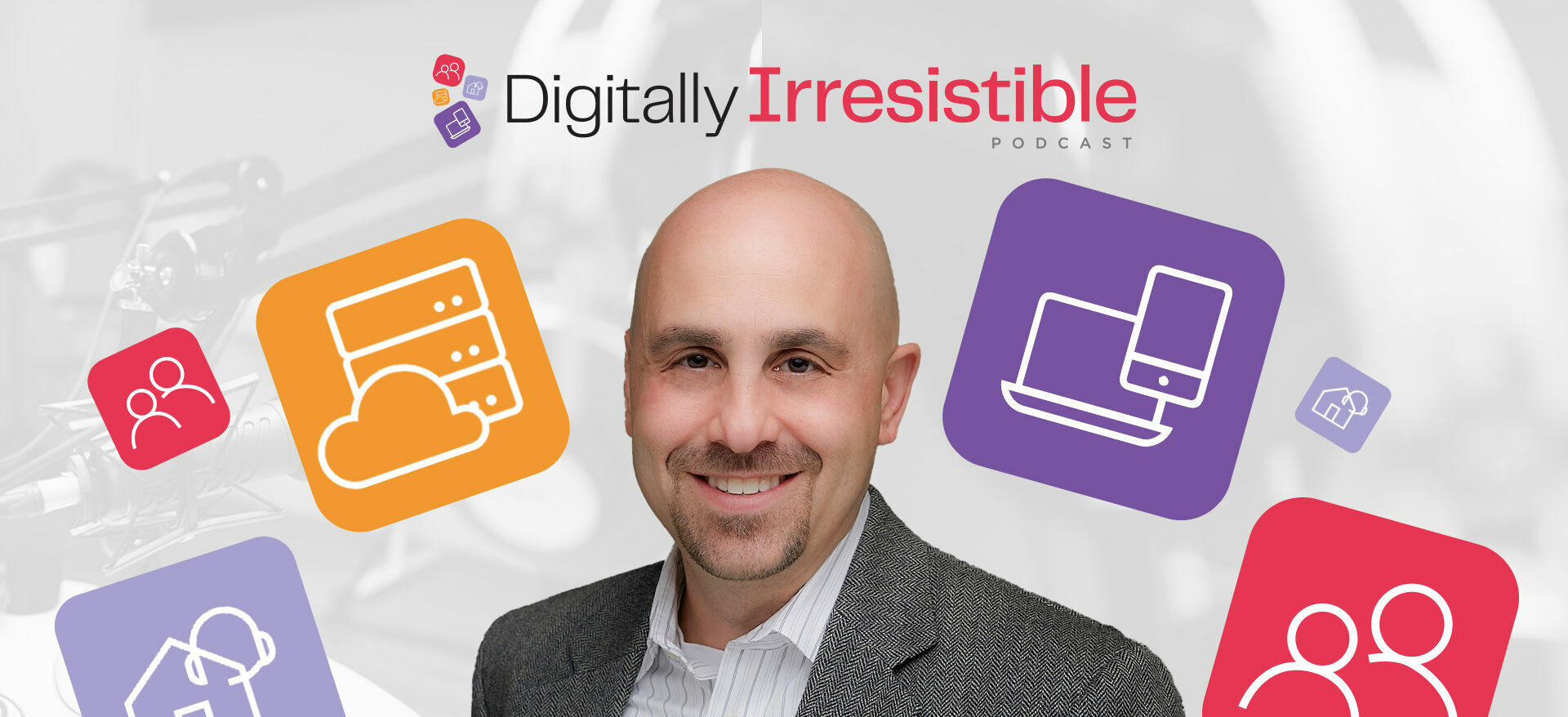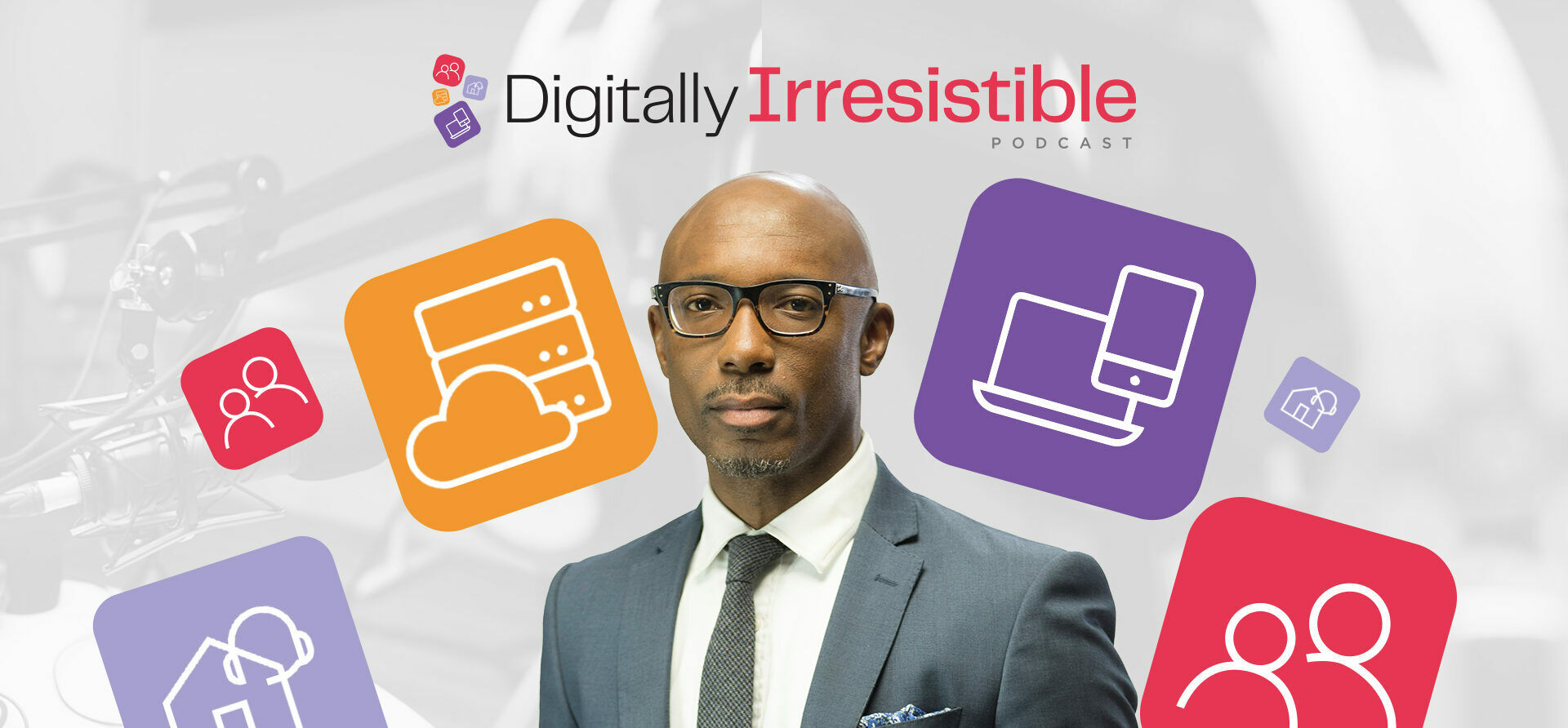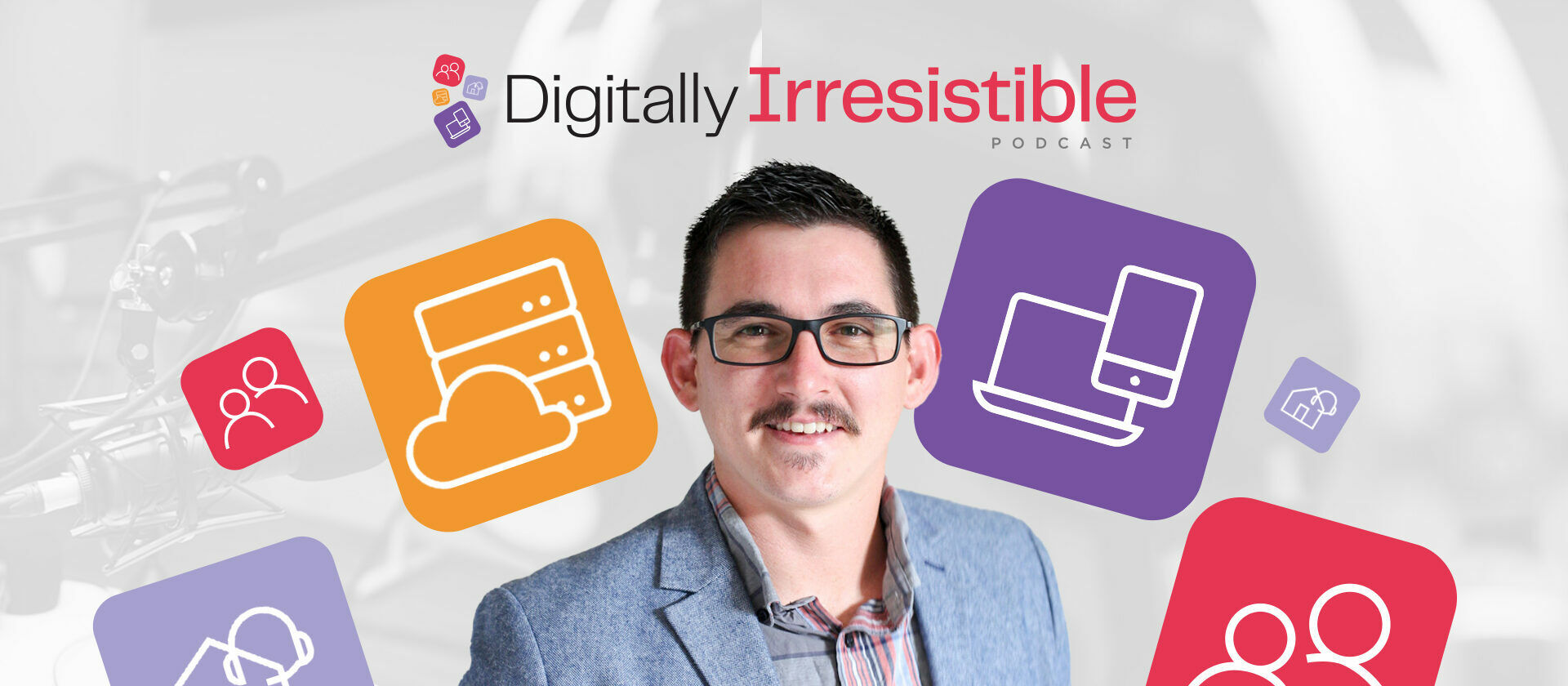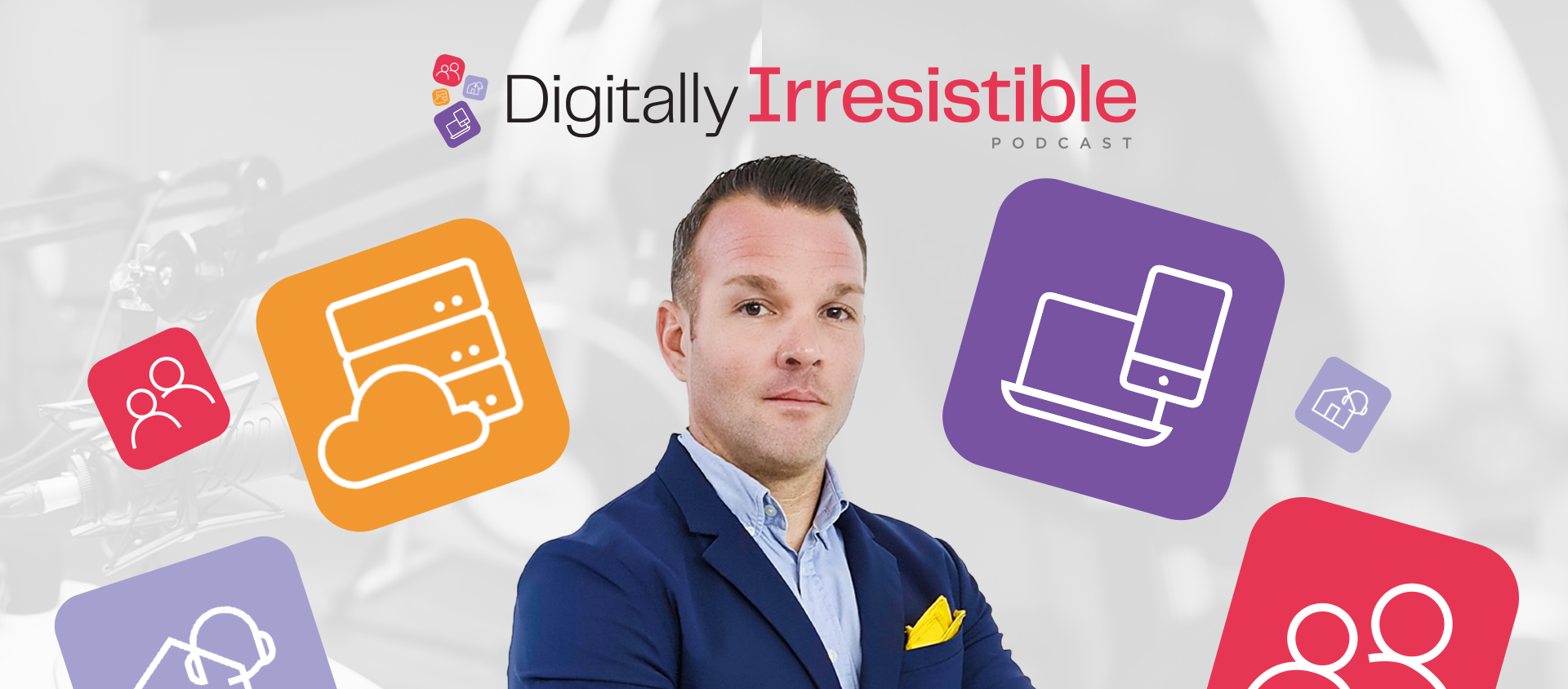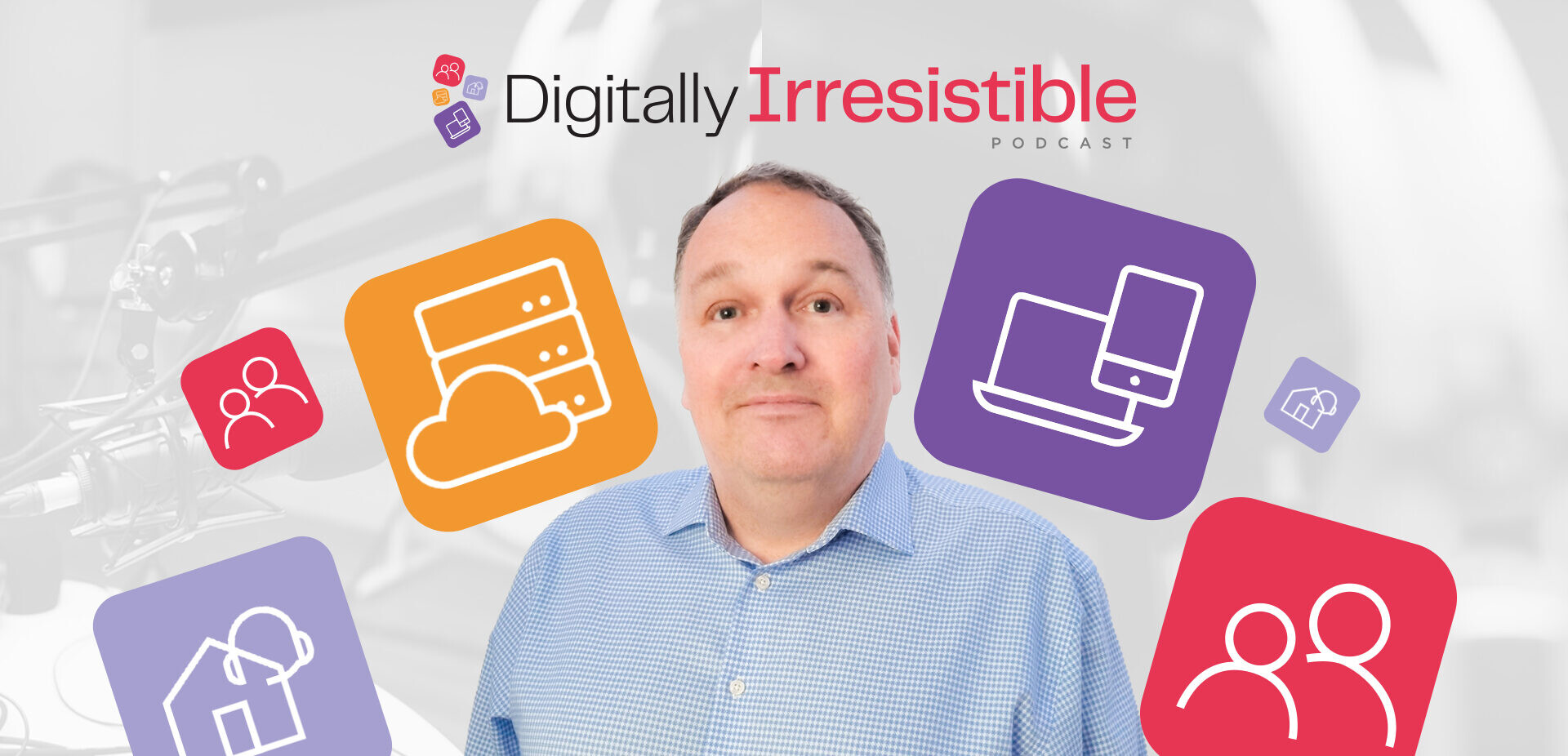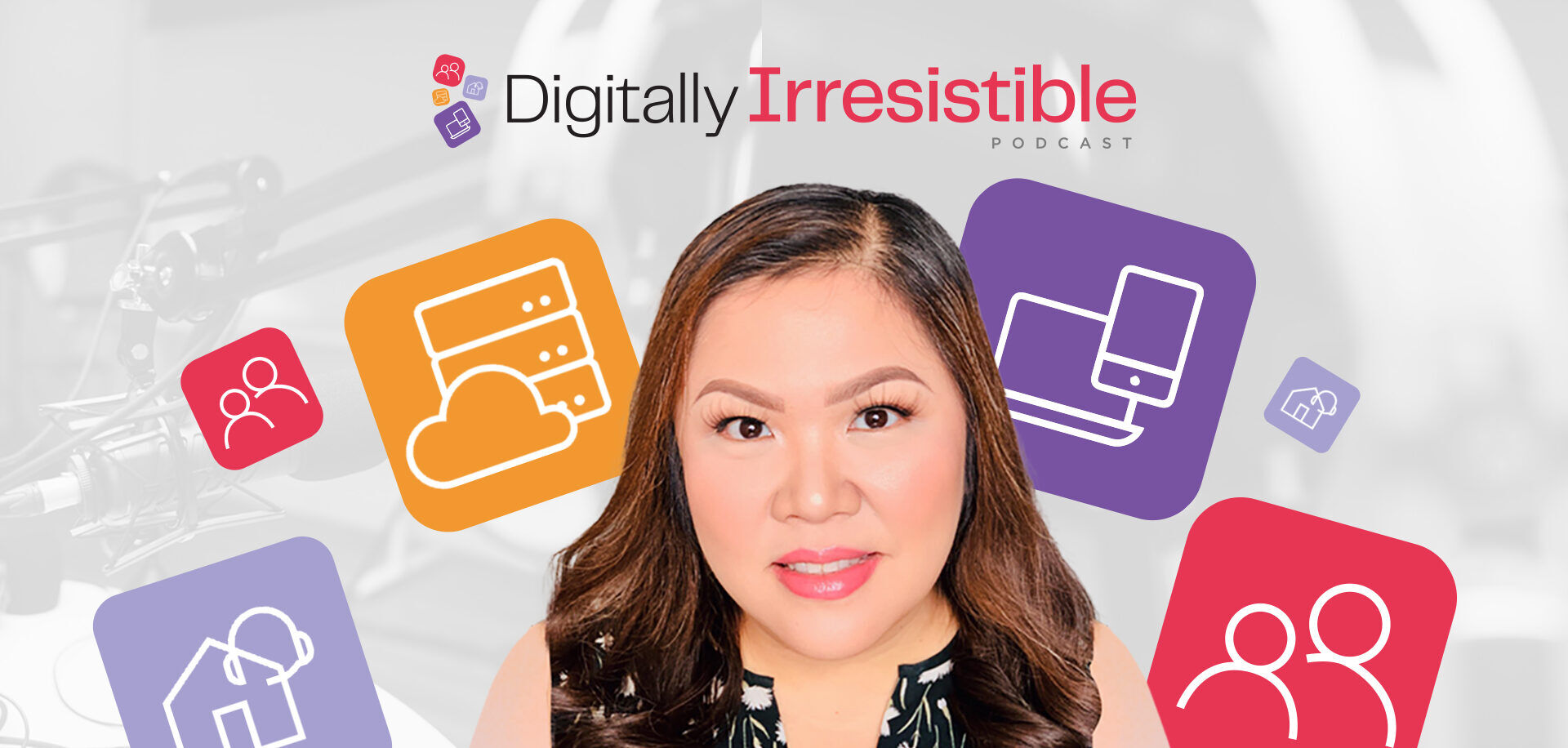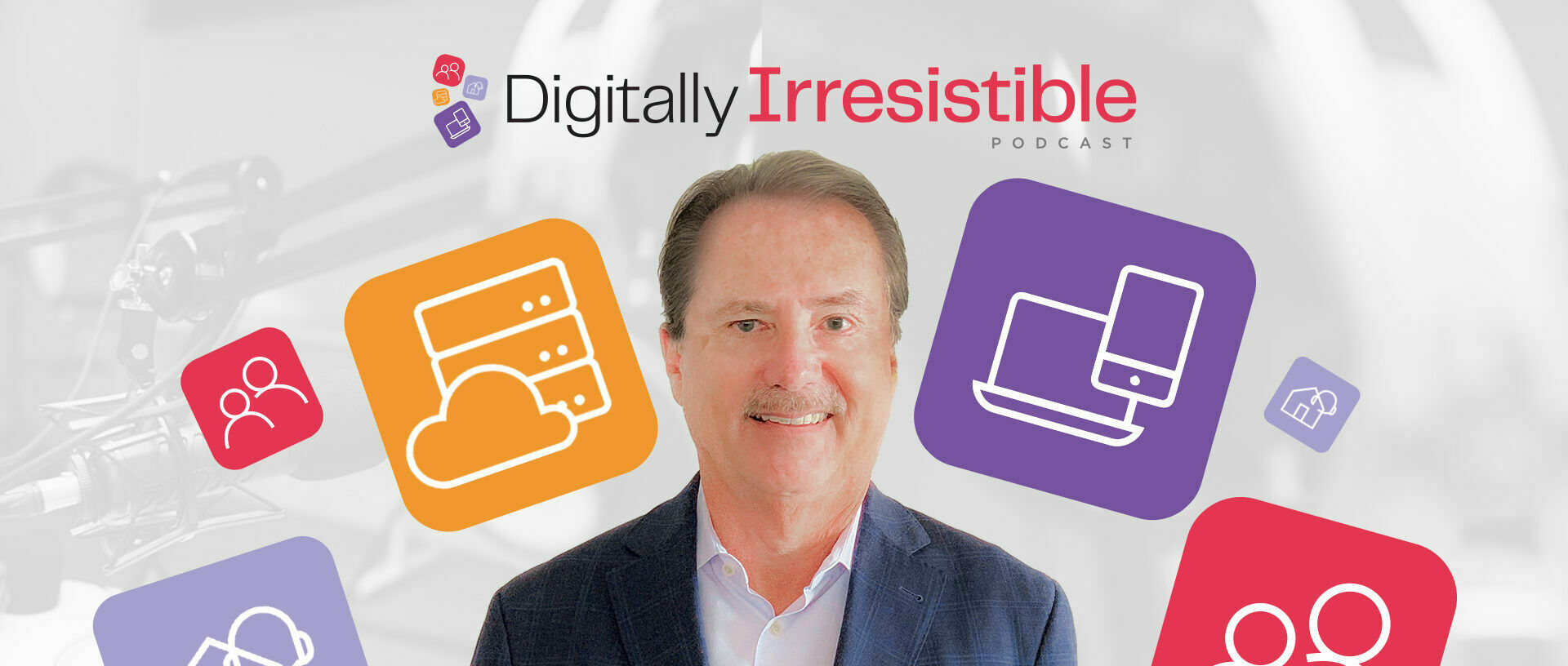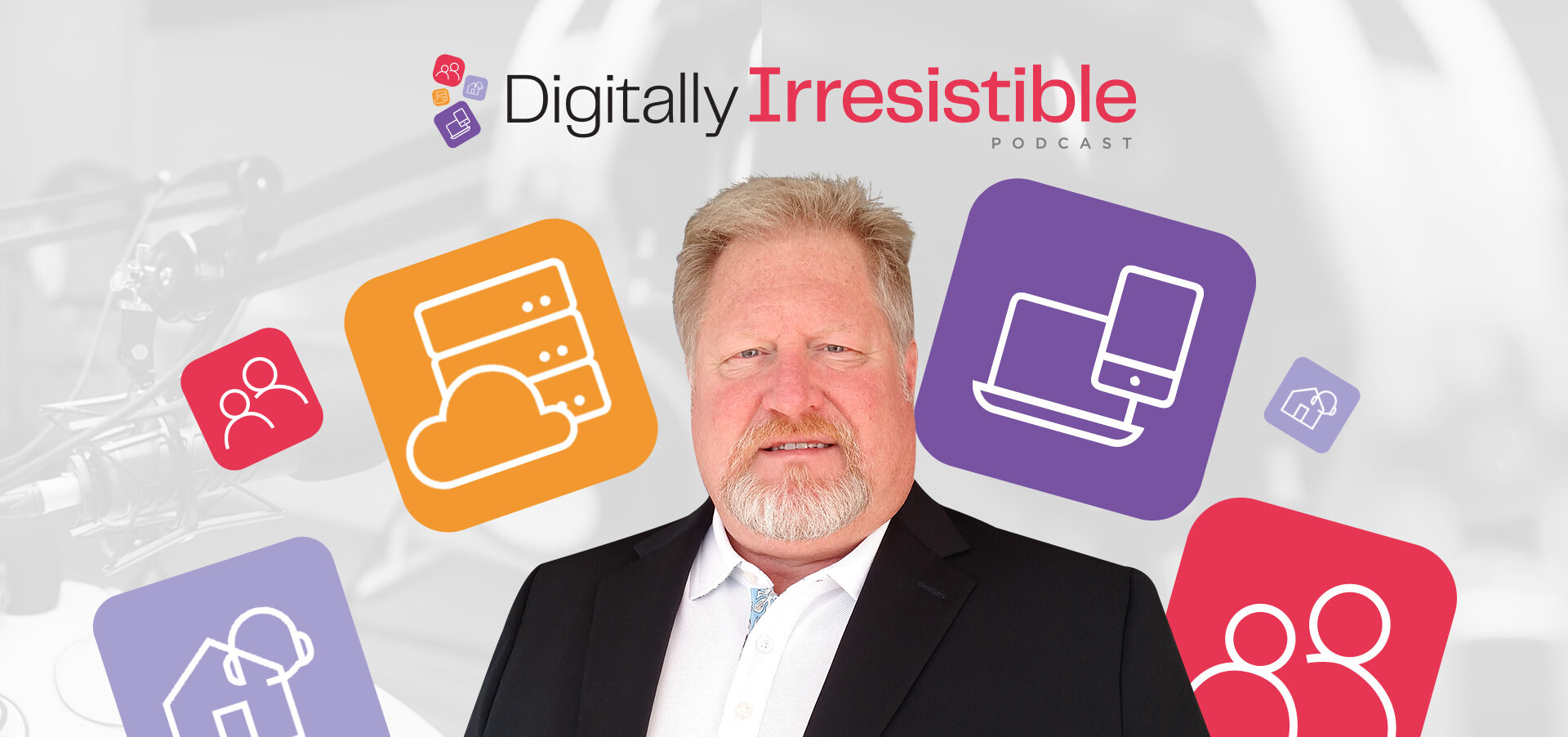Six Steps to Get Customers to Keep Coming Back
On this episode, you’ll meet Shep Hyken, a renowned customer service expert and author of eight books, as well as a Hall of Fame speaker. Shep’s latest book is titled I’ll Be Back – How to Get Customers to Come Back Again and Again and is the focus of this episode.
Shep learned the importance of taking care of customers when he started his first business at the age of twelve performing magic shows at kids’ birthday parties. His parents encouraged him to send thank you notes to his customers asking them which tricks they liked the most. He learned that by asking a specific question he could discover what his customers liked the most and he could plan to serve his customers best. He also learned that listening to his customers is a way to deliver good customer service.
His parents taught him valuable life lessons that transcend to how any business can create customer experiences that compel them to come back again and again. The principles his parents taught him boil down to three pillars:
Show appreciation
Get feedback
Take action on the feedback
Shep learned these customer service lessons at a young age which convinced him that delivering a great customer experience is anchored in good-mannered common sense. Yet, he is quick to say that such common sense is not always common. If only companies harnessed what we learned from our parents at a young age, more brands would succeed at delivering good customer service, resulting in customers returning again and again.
When asked what is new in his eighth book on customer service, I’ll Be Back, Shep admits the title has a connection to The Terminator movie through sections of the book that discuss reasons a customer might terminate their relationship with a brand as well as when it makes sense for a brand to terminate a relationship with a customer. A whole chapter is devoted to “The Arnie” which is a reference to getting customers to say, “I’ll be back.”
Shep also points out that customer service has never changed when you consider that a customer starts with a need and desires to be happy with the outcome. That will never change.
What has changed is what happens in the middle. Now, the customer can buy a product online, and get help through omnichannel support options and have a wonderful experience without ever talking to a human.
Shep challenges the conventional way of measuring effective customer service which is commonly measured by the Net Promoter Score – how likely are you to recommend us to a friend? He refers to the NPS data as history lessons with valuable insights. While this metric is useful, he encourages CX professionals to also measure customer behavior. How often do customers come back? Do they become loyal customers or are they just a once in a while repeat customer?
Where the Rubber Hits the Road
In the final chapter, he lists six steps to creating an “I’ll be back” experience. The following six questions should be studied and discussed among the CX team members.
- Ask, why you? Why does the customer do business with you? Your goal should be to identify true differentiation, not generic reasons such as our staff, or our product.
- Ask, why them? Why would the customer do business with your competitors? Your goal is to understand the strengths and weaknesses of your competition.
- Keep pace. What did you learn about the competition exercise in step two that warrants you doing something like them? He is clear to explain not to copy a competitor’s customer service tactic. Instead, make it your own. He mentions the newspaper example in the hotel industry. One chain offers guests a newspaper upon arrival, another chain delivers a newspaper to each hotel room.
- Look outside your industry. Ask your team which companies they enjoy doing business with whether it’s B2B or B2C. Collect stories about different businesses explaining what they do that is special, whether it’s a restaurant, a movie theater, a bowling alley or a grocery store. No matter the business type, collect stories of best-in-class customer service. Write down their customer service practices and explore how your business could do some of them tailored to your business.
- Implement some of the ideas you learned in step four.
- Ask, why you? again. After implementing new ideas following these steps, your goal is to get a different answer than the first time you asked “why you?” in step one.
These six steps summarize the methods in his latest book to get customers to become loyal, so they return to a business again and again.
Shep and his team publish an annual report called Achieving Customer Amazement which is available for download at his website hyken.com.
Shep Has Fun on the Ice
As you see in the video, Shep’s office is filled with guitars, which is one of his passions. Another of his passions is playing hockey. He tells the story of the time he made a guest appearance with the NHL’s St. Louis Blues at a charity event where he was introduced to the home crowd. He re-purposed the picture taken of him dressed in the St. Louis Blues’ uniform into a “rookie card” which he shares as a bookmark. He still plays hockey three or four days per week with friends.
Learn more about iQor digital customer experience capabilities.
